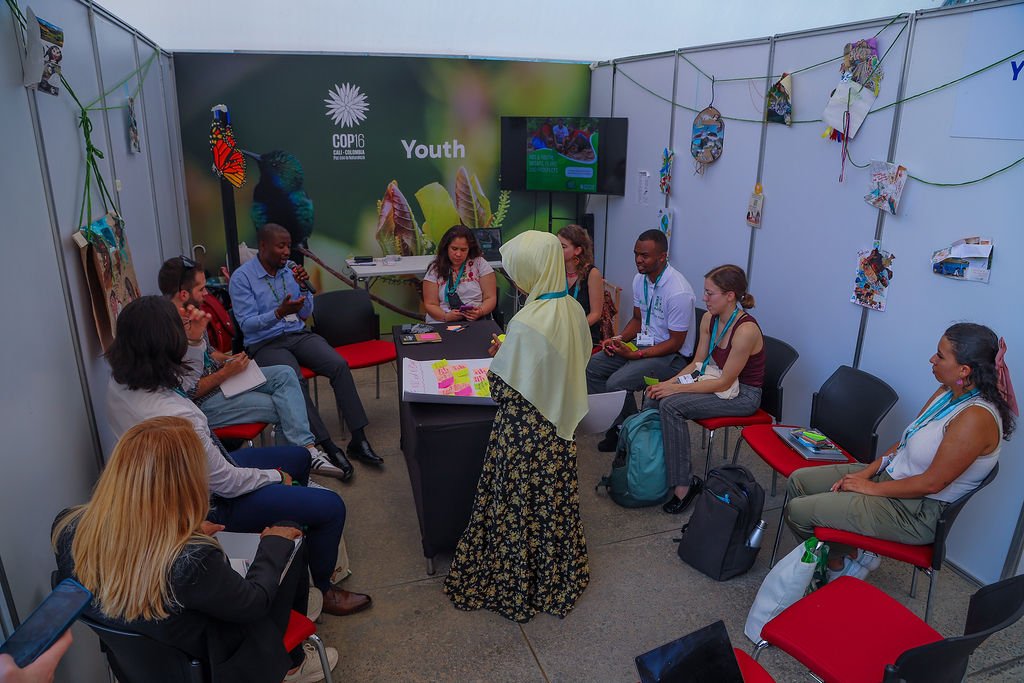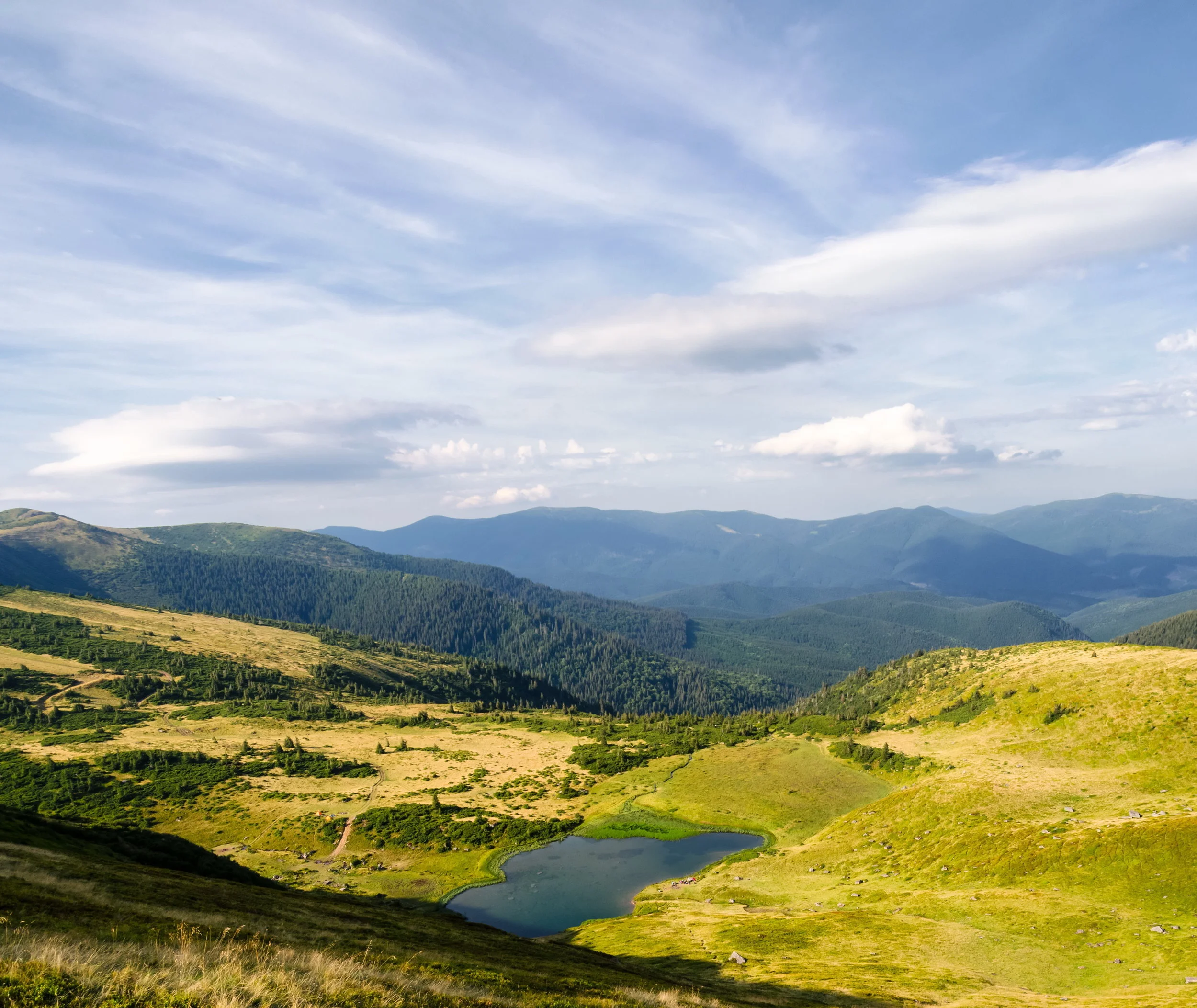PolleNectar: Vol. #YourStoryOurFuture ISSUE 4
“What a joy to share with you our fourth issue, and receive once again your attention and feedback. We hope that your contribution and engagement can plug us into the power of change even further.”
Reflections from North America, Latin America & Caribbean (Abya Yala), lessons on composting, highlights of our volunteer team at #Y4N, and more in this issue of PolleNectar. Dive in!


















